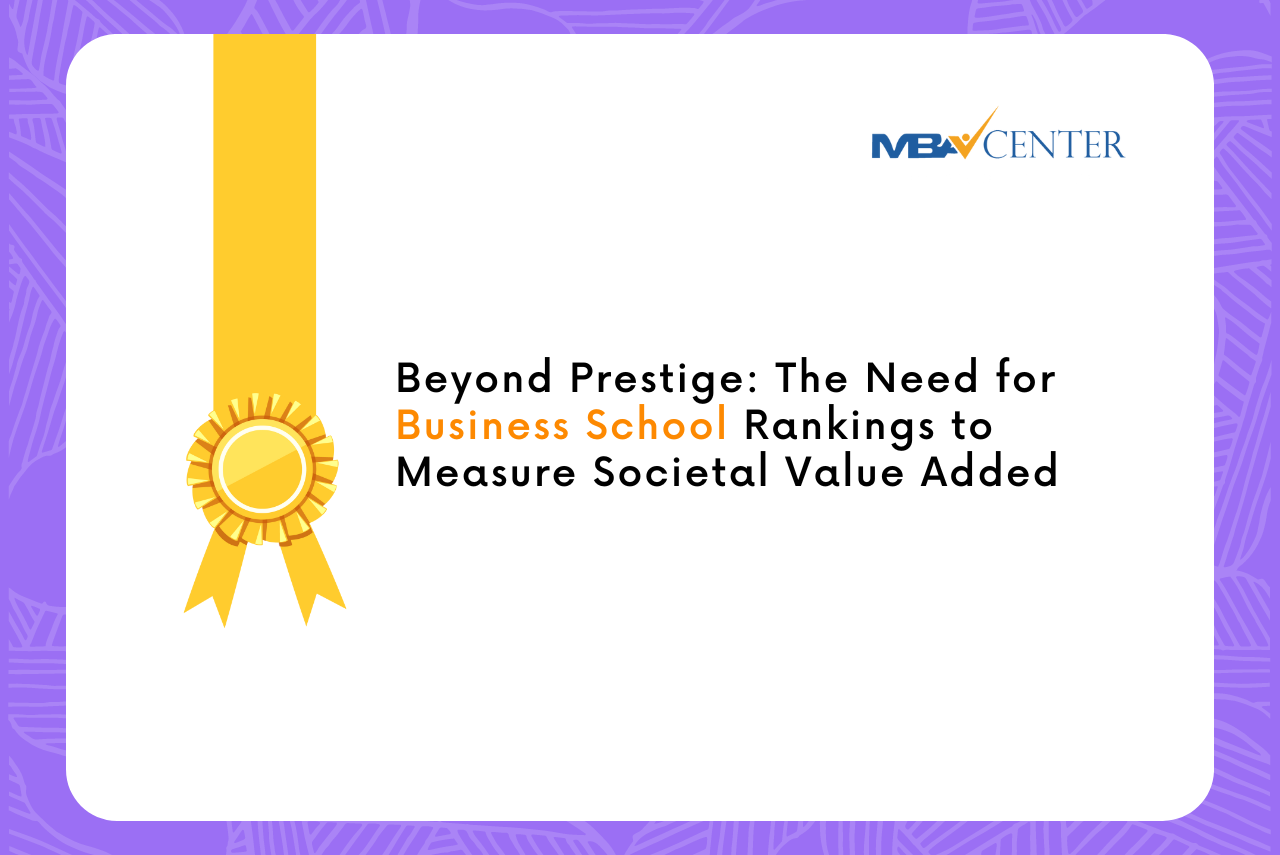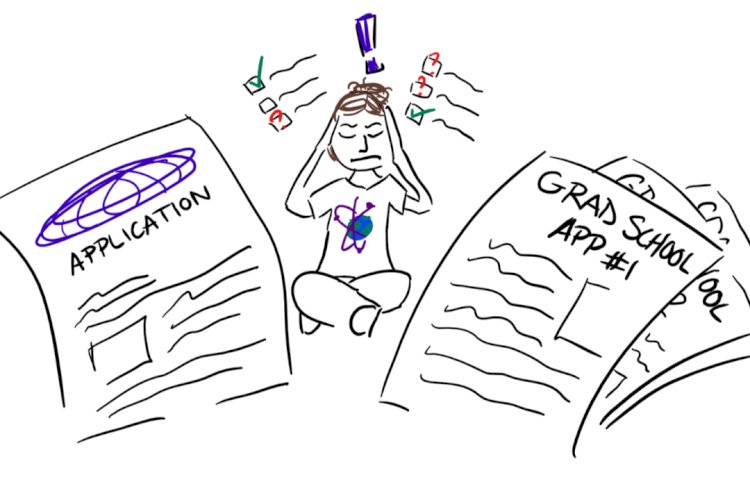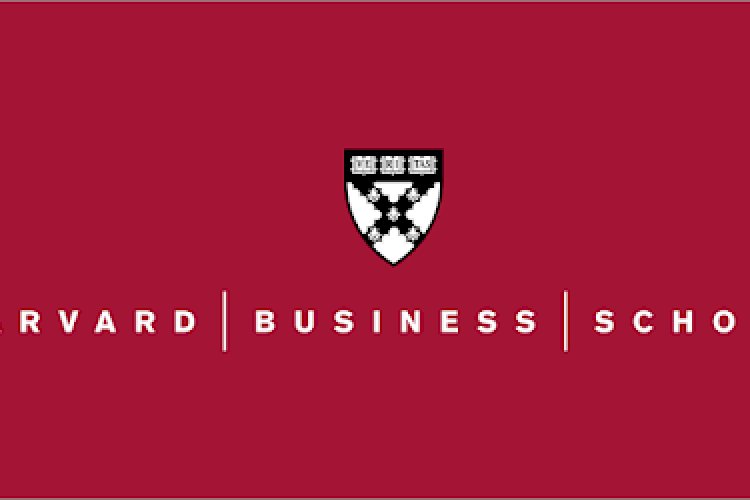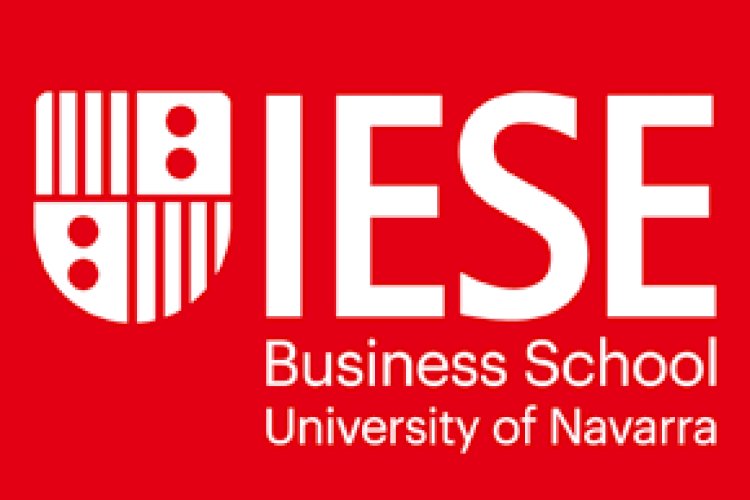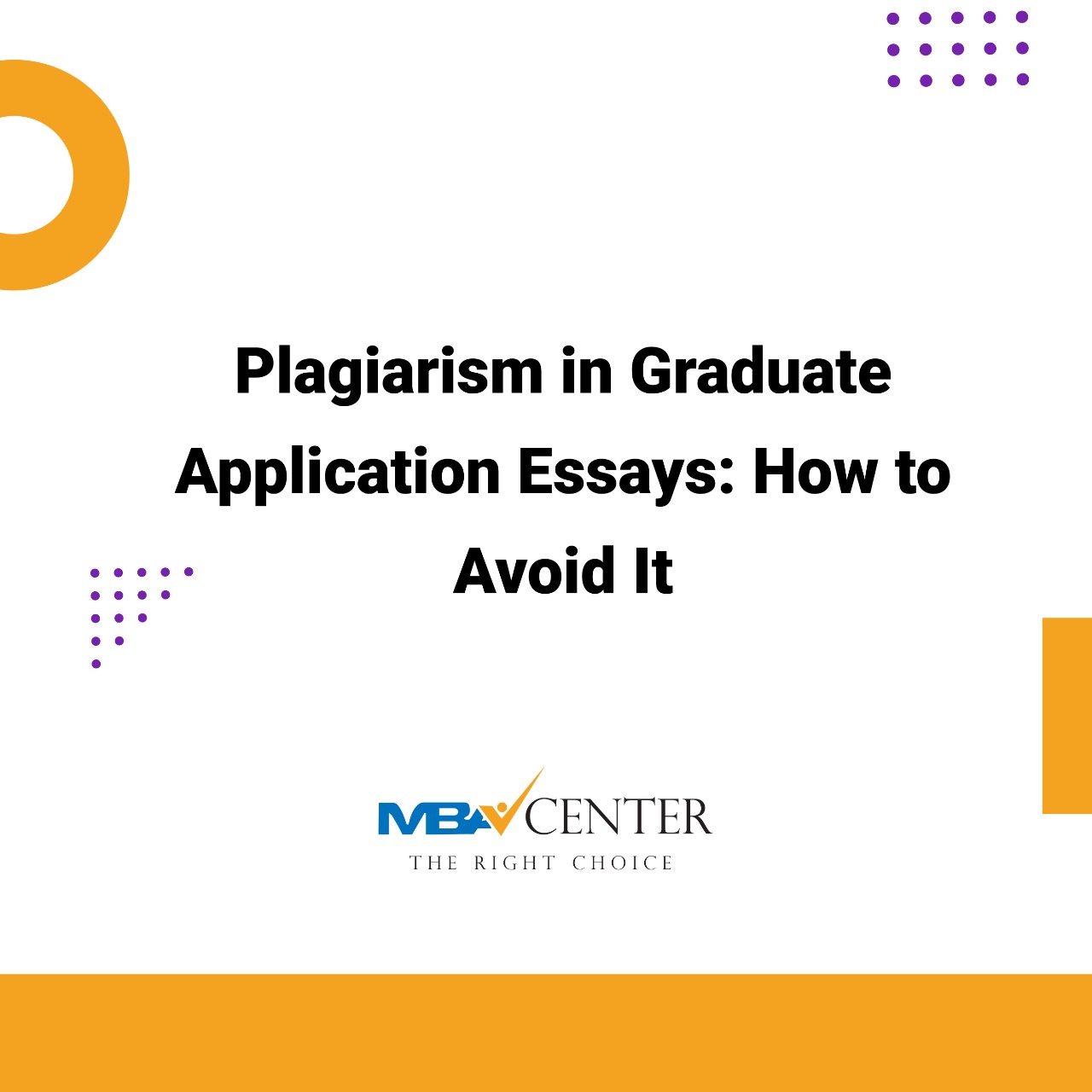
It might be tough to express your motivation and desire for a specific graduate program in words, not least because you may have to do so in a language that is not your native tongue. The application essay requires you to describe your interests and goals distinctively to catch the admissions officers' attention.
Academic integrity is taken very seriously by universities all around the world. In fact, each university's framework usually includes a code of behaviour that each student should study. Plagiarism is one aspect of academic integrity, and you, as a student, should also take it seriously. It's vital to note that the regulations you learned in high school may not apply here, just as they may not apply in your native country. Once you understand the rules, they aren't that tough to follow, but you must first understand them.
While you might be tempted to grab a few written ideas from the Internet, now is the moment to put that concept to rest. Admissions committees take plagiarism or duplicating other people's work very seriously. Plagiarism will result in your graduate application being rejected if you copy paragraphs and ideas that are not your own. Avoiding plagiarism should be a top focus.
Why is Plagiarism a Bad Idea?
The application process for graduate school can be extremely stressful. All prospective applicants must eventually contend with time constraints, family and peer expectations, and the culture in which they live. However, no matter how convenient it may seem, it is crucial not to follow the easy way of plagiarising, even when dealing with tiny amounts of text. Most foreign master's program admissions directors can easily recognize whether an essay is not original, whether using an automated plagiarism detection technology or their experienced eye.
Same essay to multiple schools? A Big No!
While plagiarising from other essays or articles is a no-no, prospective students should also take the time to write a unique application essay for each program to which they are applying. Some universities may place a premium on the variety of their student body of work, while others may focus only on the specializations they provide. In the first situation, highlighting your overseas experience or your distinctive background in terms of ethnicity, education, and so on may be beneficial. However, in the second case, admissions officers will likely be just as interested in learning about your quantitative or technical abilities and traits.
Also read: MBA providers feared the worst when the pandemic initially struck in early 2020
Bottom Lines
It's also a good idea to get ideas from current essay samples that have been published online or offered by a friend. You can learn how to format your writing as simply as possible, read samples of how to introduce yourself or end an essay, and even learn what to avoid. Prospective master's candidates should look at how others have answered similar essay questions and aim to include best practices while maintaining a highly personalized approach. In certain situations, institutions will share what their admissions committee expects to see in an essay and provide advice on how applicants can improve their chances of acceptance.
What matters at the end of the day is whether the individual reading your essay understands your motivation and desire to pursue a particular topic of study. Make every effort to persuade them of your passion while being genuine to your particular tale!
 MBA Center Global
MBA Center Global 










